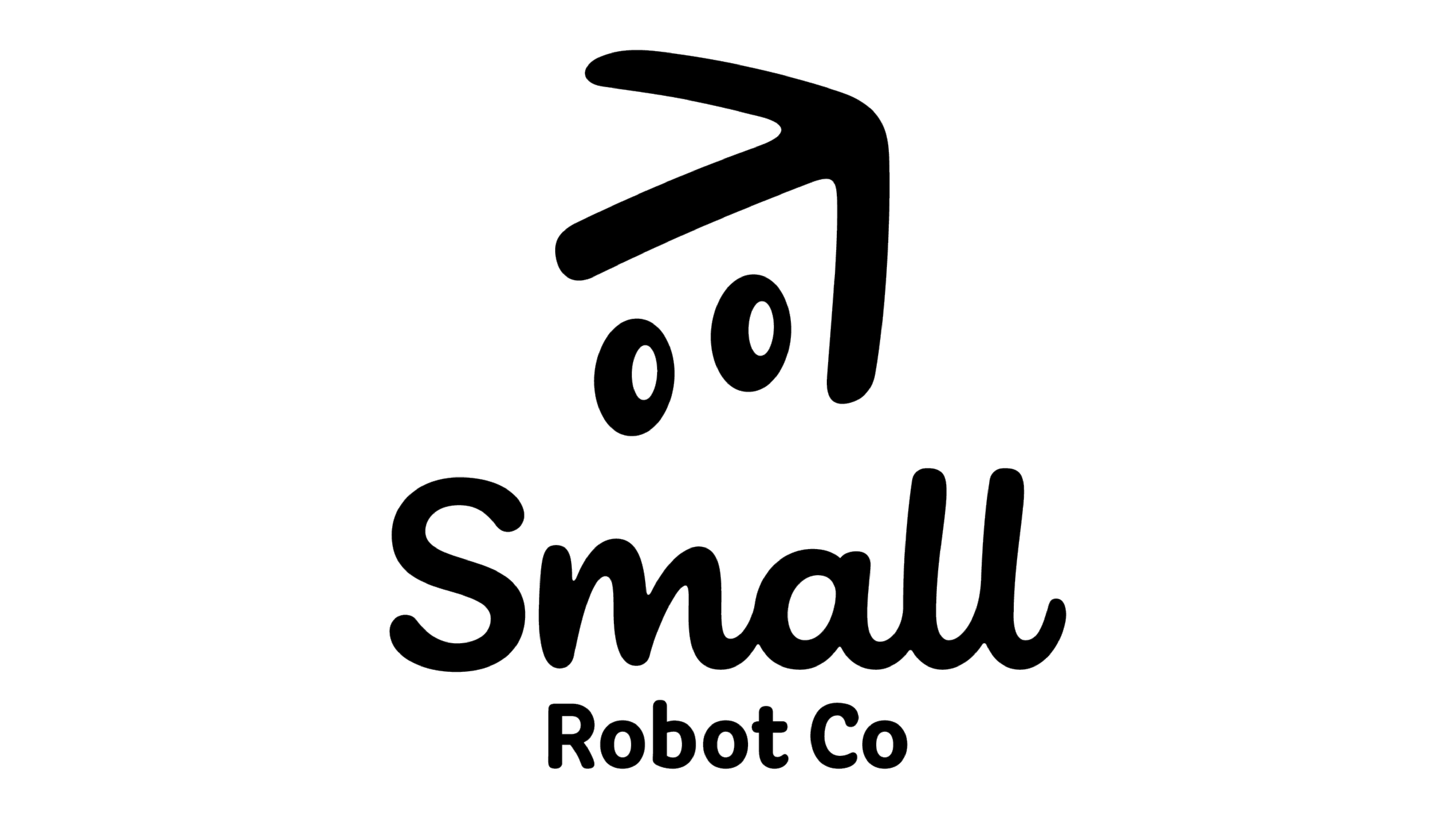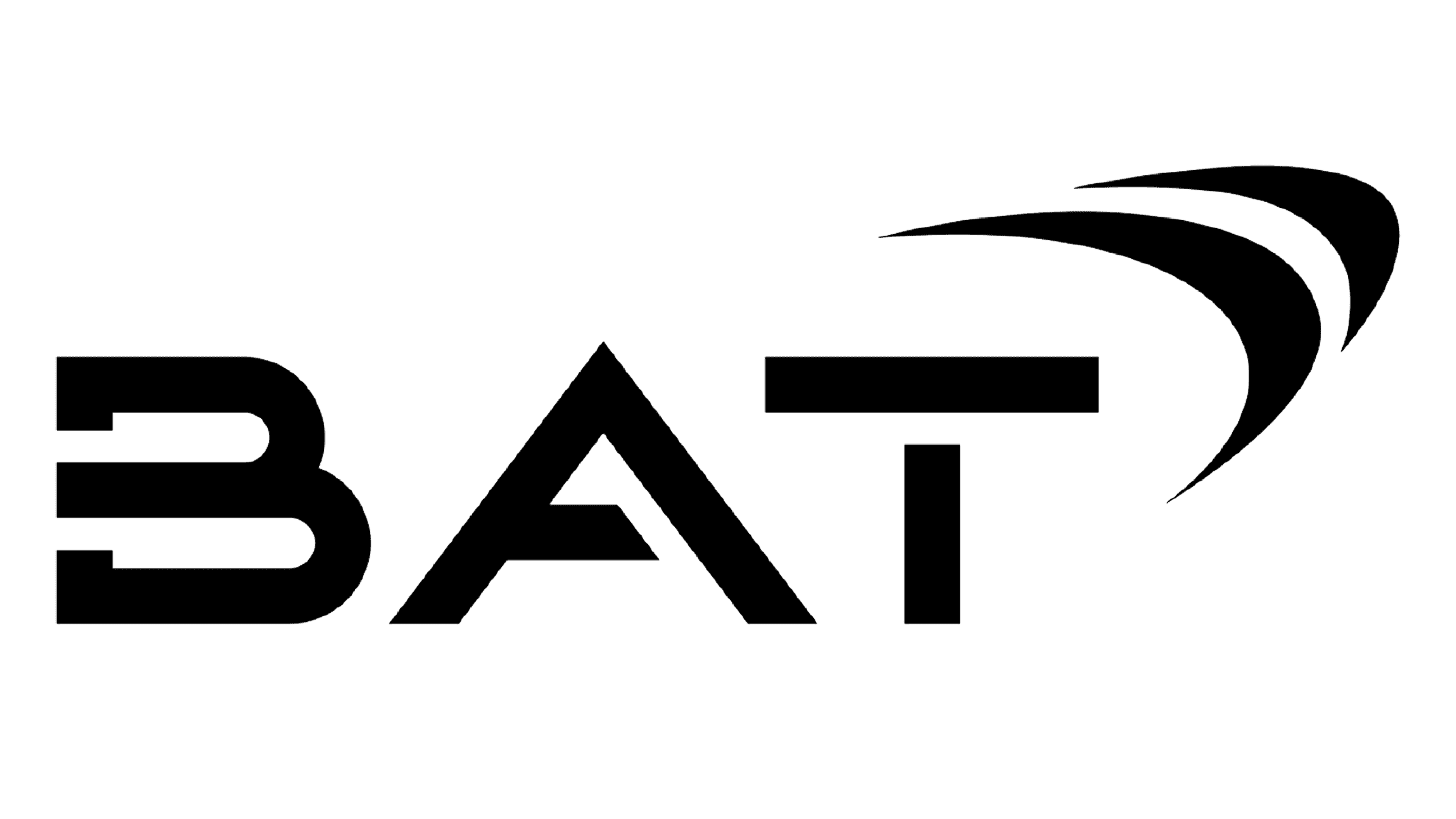Conficio Product Design is a product design consultancy based in Salisbury, Wiltshire. The team have successfully delivered projects for consumer and specialist markets. By working closely with both businesses and entrepreneurs, an idea can be generated, expanded upon, and realised for low quantity or mass production. Throughout the course of the product design and development cycle, the engineers are innovative, trustworthy, and professional, ensuring that the product development is successful.
Conficio, as a product design agency, work closely with our clients and, in some instances, provide engineers into a company to fill a resource gap or complete a small part of a larger system. Conficio is a dynamic product design agency that adapts to the needs of our clients.
Conficio undertake product design and development projects that start as an idea through our 3 Phase design process to a device or component that can be produced effectively at the required quantities. A full product development usually involves Industrial, Hardware and Firmware Design.
Partnering with Conficio Product Design means gaining access to a team of passionate professionals who are committed to turning your vision into a reality. Our dedication to innovation, combined with our deep industry knowledge, ensures that your product design not only meets your objectives but also drives market success.
Industrial Design
A process that takes a product from concept to manufacture and deployment. Focusing on usability, psychology, anthropometrics, ergonomics, attraction, marketing, packaging, and innovation.
What sets Conficio Product Design apart is their unwavering attention to detail. Conficio understand that exceptional product design is more than just aesthetics; it’s about delivering an immersive user experience and ensuring seamless functionality. The team meticulously considers every element, from ergonomics and user interface to manufacturing feasibility, ensuring that the end result is a flawlessly crafted product that stands out in the market.
Electronic Design
Utilising Altium, Conficio’s Electronic Product Design team deliver bespoke PCB designs. The product design team have experience in wired and wireless connectivity that allow designs to be realised efficiently and cost effectively.
Conficio offers a comprehensive range of services tailored to your specific needs. From concept development to prototyping and manufacturing, Conficio guides you through every stage of the design journey. The team expertise at Conficio extends across diverse industries, from consumer electronics and healthcare to automotive and industrial equipment, allowing the ability to tackle even the most complex design challenges.
Software Development
As most devices contain microcontrollers, firmware is required to add functionality. Conficio design, develop and debug firmware for most ARM based CPUs and are familiar with RTOS and modern wireless implementations.














At Conficio our team of multi-disciplined product design professionals are on hand to work closely with you to explore your concept and bring your idea to life.
© 2023 All Rights Reserved – Privacy Policy – Cookie Policy